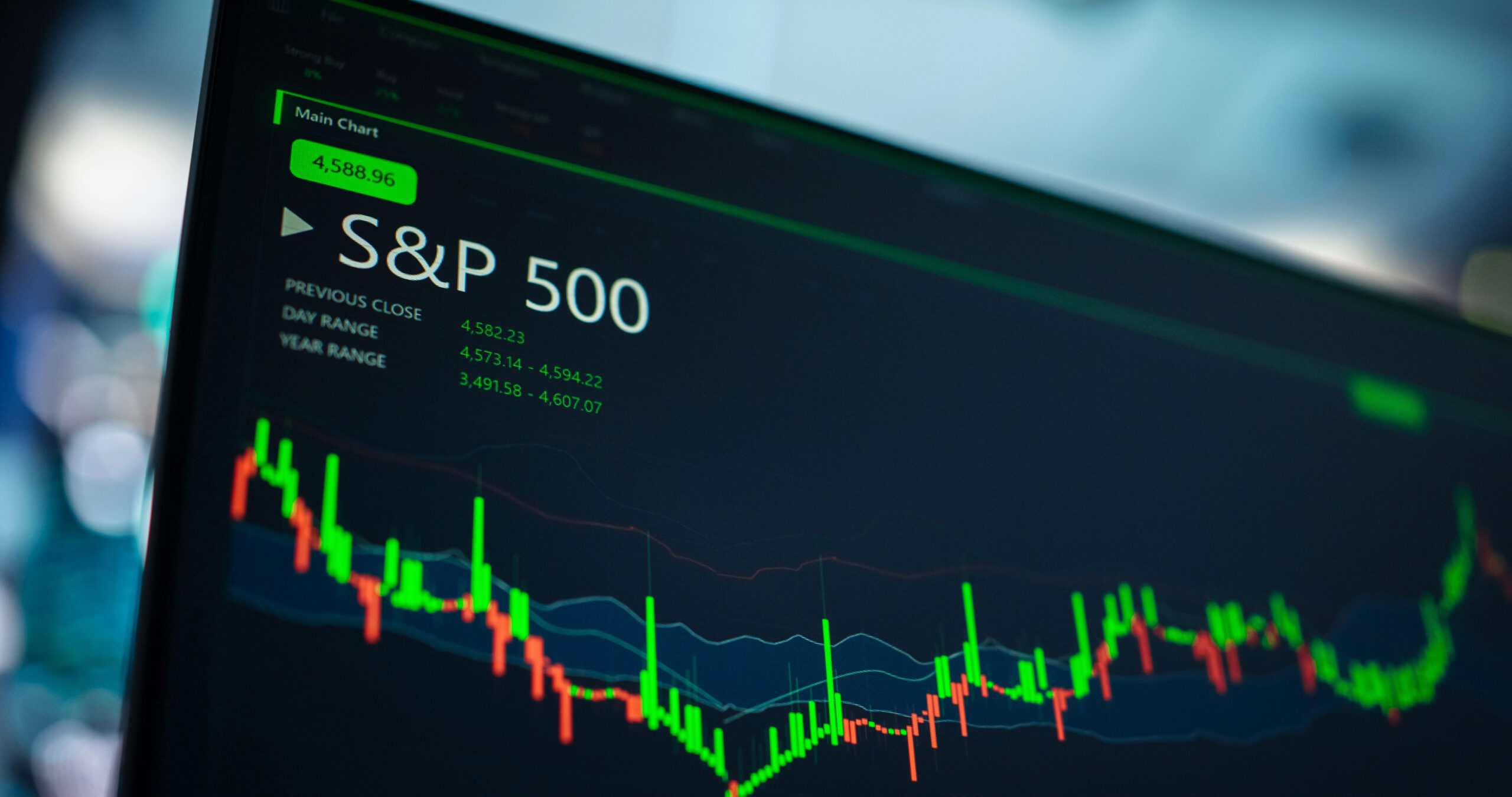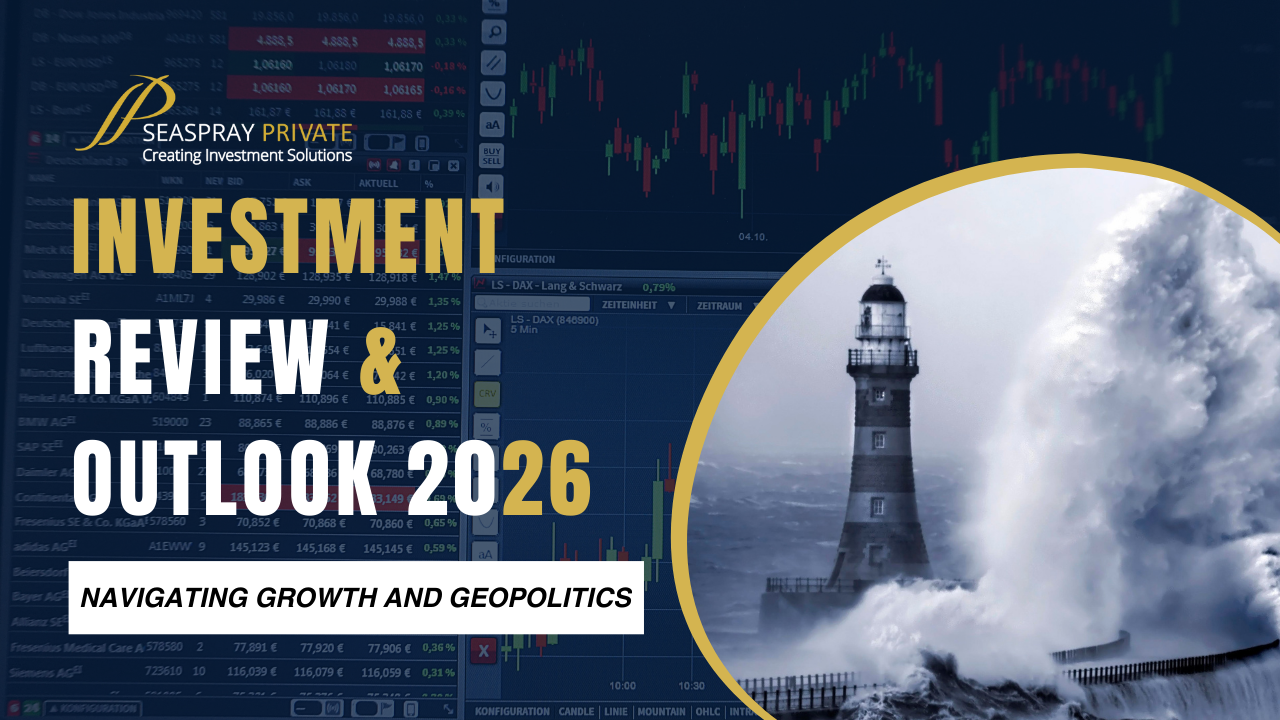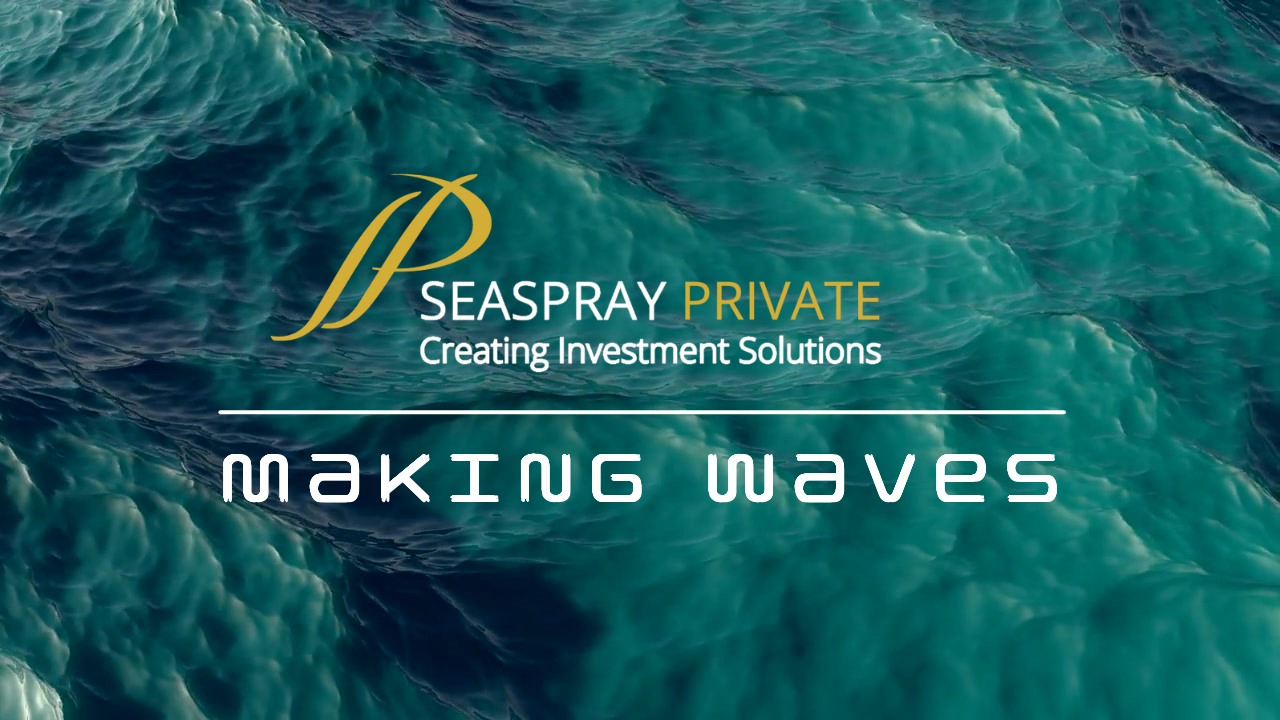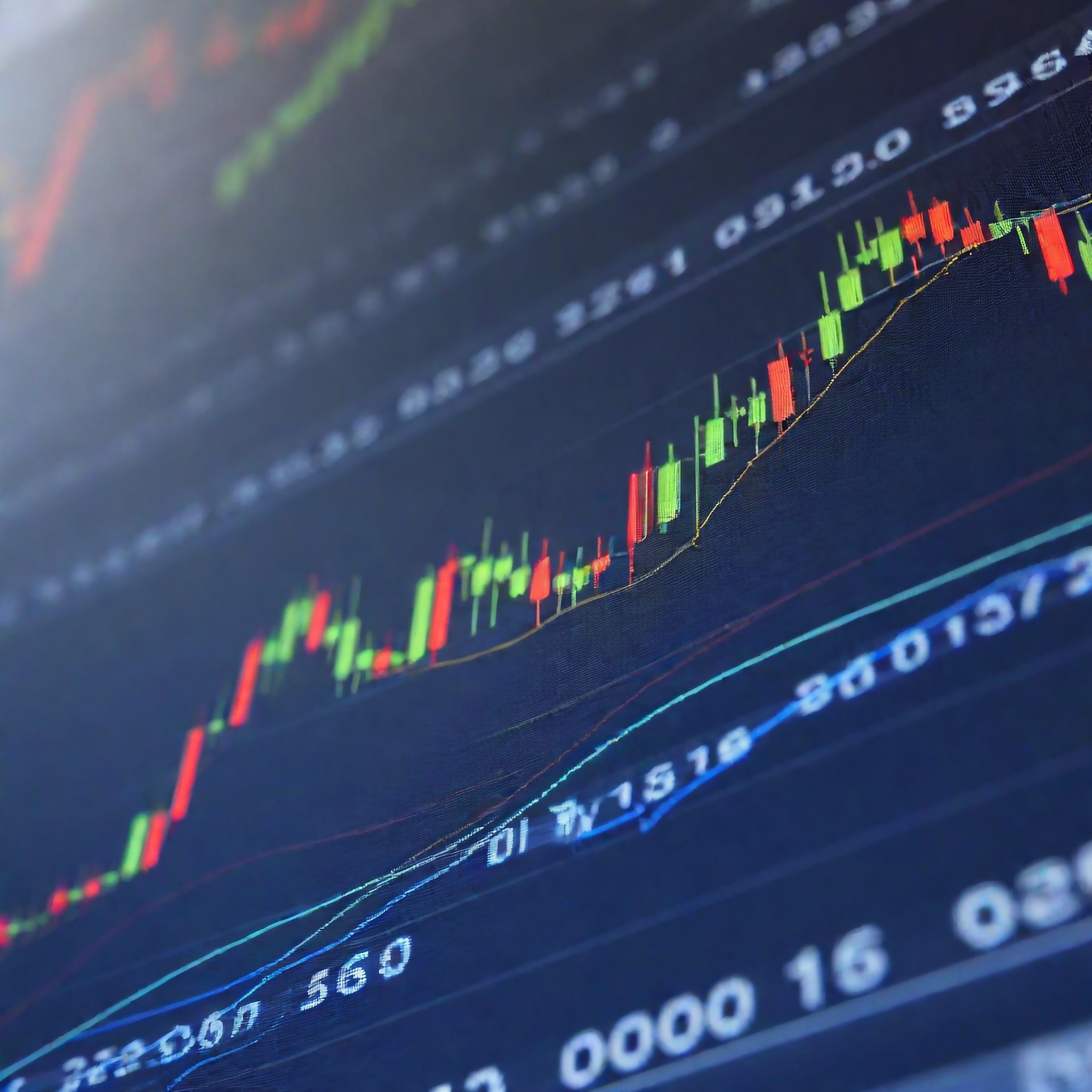In the United States, equity markets retreated last week as pressure mounted over stretched AI valuations and the prospect of no further Federal Reserve rate cuts in 2025. The sell-off was most pronounced on Thursday, when both the S&P 500 and the NASDAQ fell by more than 1.5%. Prominent AI stocks such as NVIDIA and Palantir declined between 3% and 6% on the day. Alongside the broader pullback in technology, markets reacted to comments from several Federal Reserve officials regarding the current interest rate outlook. Many expressed concern about the limited availability of data ahead of December’s rate decision, as well as persistently elevated inflation. As a result, market expectations for a December rate cut have fallen sharply—from a 95% probability in October to 50% at the end of last week. In corporate news, Pfizer has secured a US$10bn deal to acquire Metsera, beating out rival Novo Nordisk in a competitive bidding process for one of the most sought-after biotech companies. Novo had initially been the frontrunner; however, Pfizer submitted an improved offer last weekend, while Metsera also warned that a deal with Novo might raise antitrust concerns. The acquisition marks Pfizer’s entry into the weight-loss and obesity market—currently dominated by Eli Lilly—and represents a further setback for Novo in its efforts to catch up with its competitor. Elsewhere, Goldman Sachs is set to earn a record fee for its role in the largest go-private deal in history, which saw Electronic Arts acquired by a consortium that included Saudi Arabia’s Public Investment Fund. The bank is expected to receive US$110mn as advisor on the transaction, although this will not be the largest M&A advisory fee earned by a US bank this year. Bank of America is set to earn US$130mn for advising Union Pacific in its US$85bn acquisition of Norfolk Southern. These fees—and the deals that generated them—reflect a resurgence in M&A activity across the US and globally, driven by stronger debt and private credit markets, lighter regulation, and increased confidence in the US economy. Berkshire Hathaway, whose soon-to-retire Chief Executive Warren Buffett released what may be his final letter to investors before stepping down at year-end, announced that it has acquired a US$4.3bn stake in Alphabet, Google’s parent company. The purchase may signal a shift in investment philosophy under incoming CEO Greg Abel, as Berkshire has historically favoured long-term value stocks over high-growth companies such as Alphabet. The company also disclosed that it has sold 42 million Apple shares, valued at roughly US$11bn. For the week, the S&P 500 and the NASDAQ closed 1.11% and 2.12% lower respectively.
In Europe, markets fluctuated last week but remained broadly positive, with major indices reaching record highs on Tuesday, Wednesday, and Thursday despite falling by more than 1% between Thursday evening and the close of business on Friday. Optimism was elevated earlier in the week following the end of the US government shutdown, while strong corporate earnings across the bloc helped push both the EuroStoxx 50 and the STOXX 600 to new all-time highs. The pullback on Friday reflected the US-led sell-off in technology stocks and uncertainty surrounding a potential December rate cut by the Federal Reserve. In corporate developments, LVMH—one of Europe’s largest companies—announced that it will open several major stores in China in December, expanding some of its most iconic brands into one of the group’s most important markets. Louis Vuitton, Dior, Tiffany, and Loro Piana will all open multi-storey flagship stores in Beijing, while a new Christian Dior store is planned for Shanghai in 2027. China has remained a crucial market for luxury brands in recent years, and there is growing hope that the slowdown in Chinese consumer spending is nearing an end. The performance of these new stores will be an important indicator of underlying demand for both LVMH and the wider luxury sector. On the economic front, the Euro Area economy expanded by 0.2% in Q3, in line with expectations, supported by positive growth in France and Spain, which offset contraction in Germany. On a year-on-year basis, the Euro Area grew by 1.3%, slightly below estimates of 1.4% but still indicative of resilient performance. For the week, the EuroStoxx 50 and the STOXX 600 closed 1.25% and 0.73% higher, respectively.
In the United Kingdom, the FTSE 100 suffered one of its worst sessions since April last Friday, falling by more than 1% and wiping out its weekly gains, as reports emerged that Chancellor Rachel Reeves may abandon planned income tax rises in the upcoming Budget, sending gilt yields sharply higher. Despite the broader market weakness, AstraZeneca shares surged last week, surpassing their previous high set in September 2024 and further reinforcing the pharmaceutical company’s position as the largest by market capitalisation in the UK. For the week, the FTSE 100 closed 0.50% lower.






